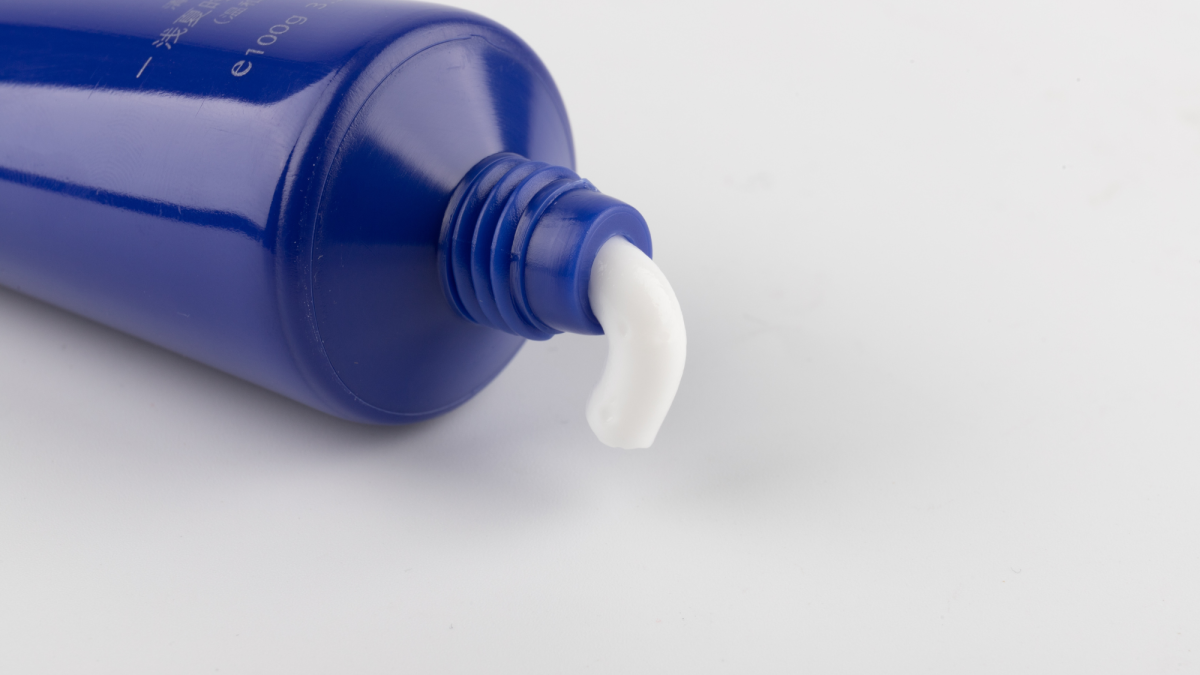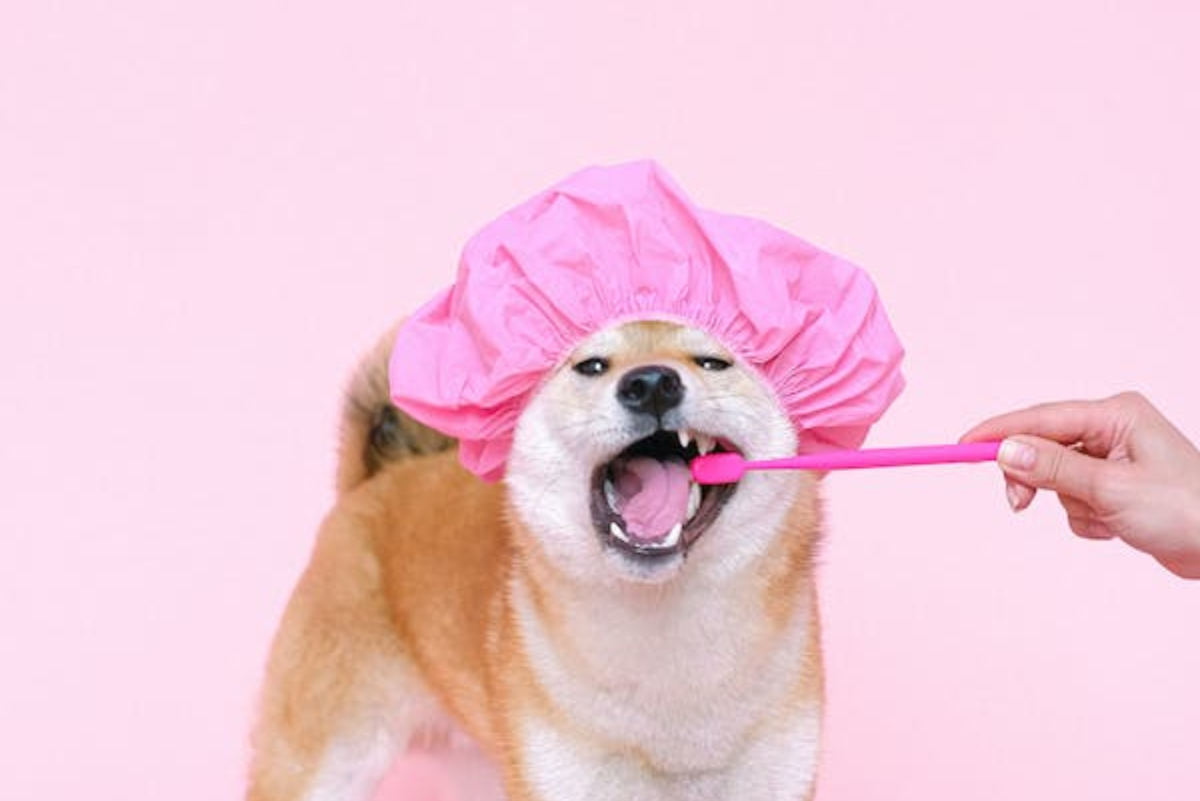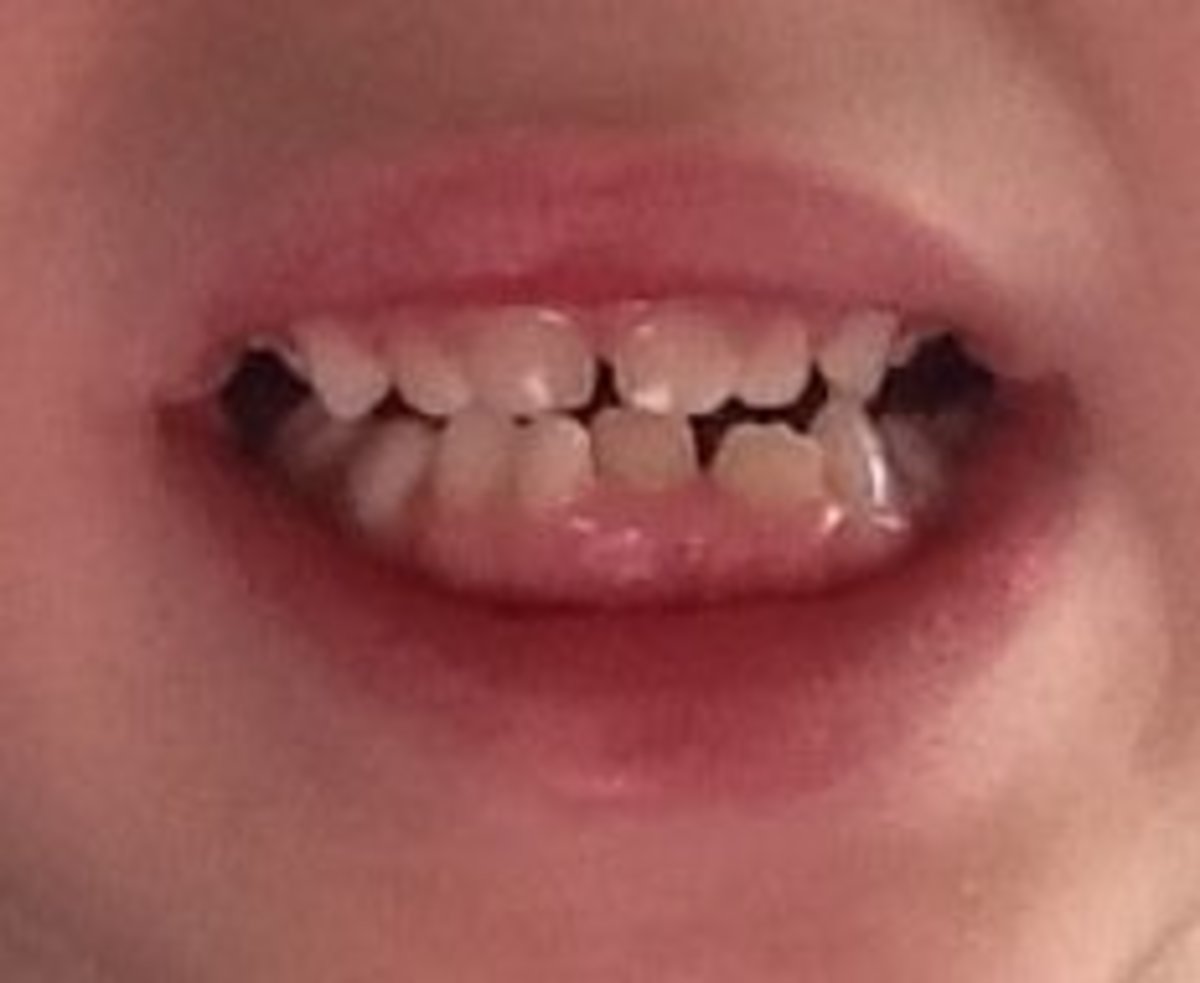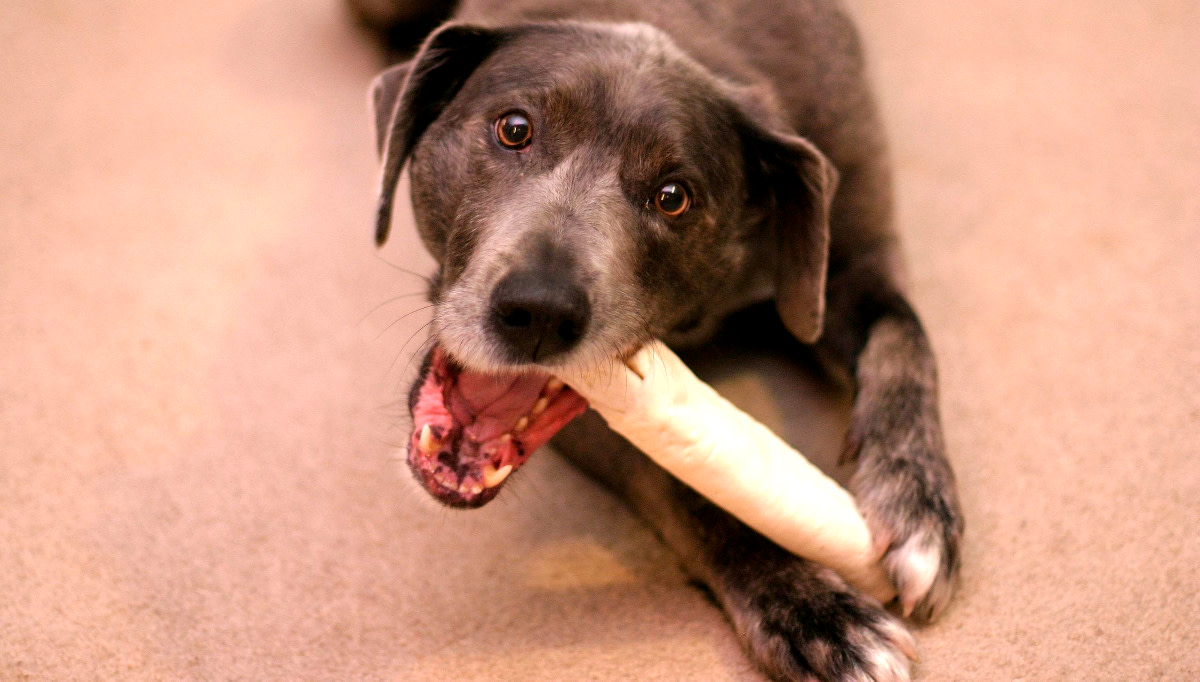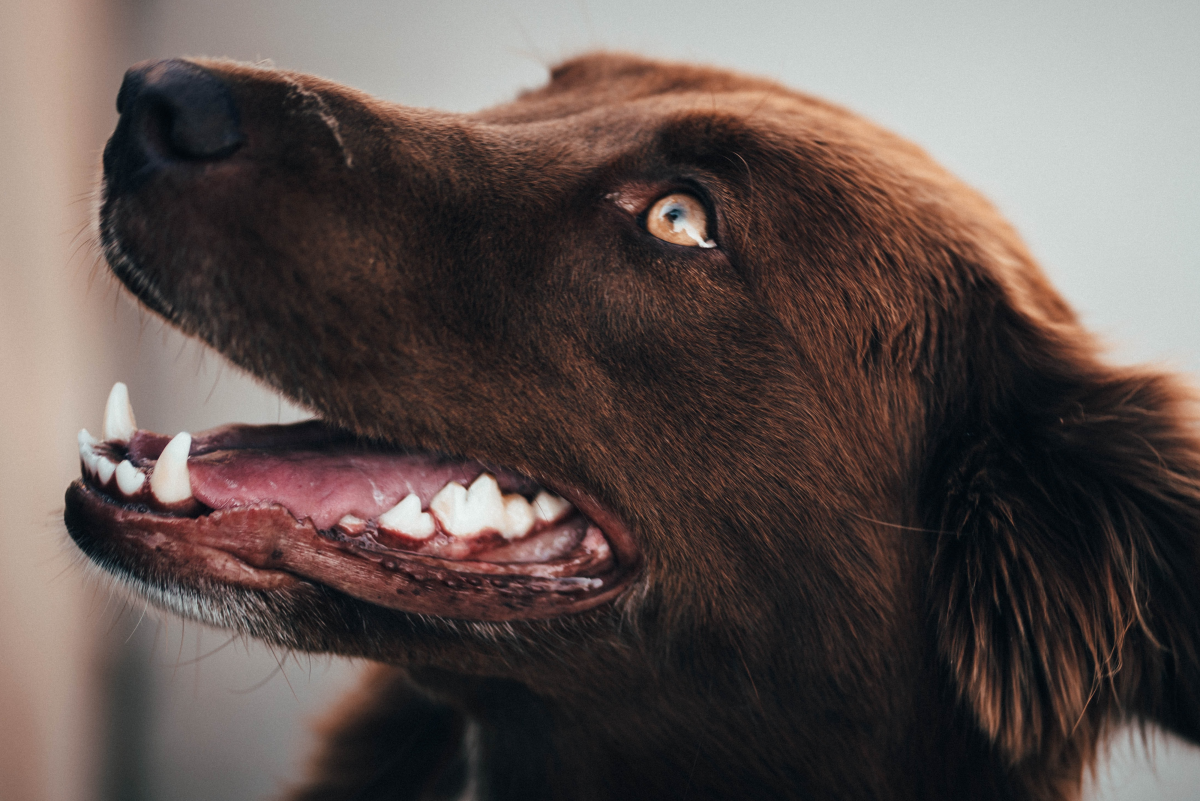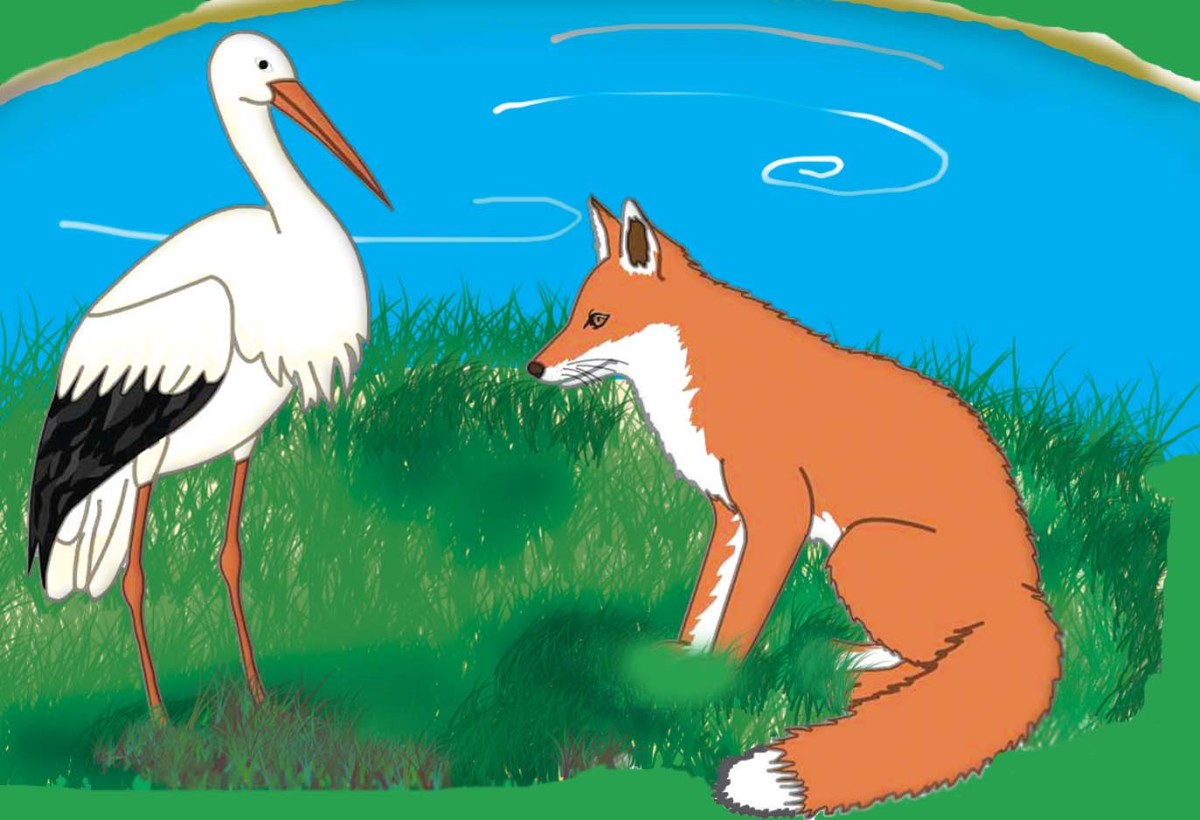The Importance of Taking Care of Baby Teeth
Although I studied all about teeth for five years (I was a Dental Science graduate, although my career as a dentist was short-lived by choice), it is always interesting to see the variations of real life from the standard textbook expectations.
My son is 1 year and 2 months old and he still only has two lower central incisors (they are the two front teeth on the bottom), and one of his upper central incisors has just popped through his gums. His teeth are erupting a little on the slow side considering the average age of eruption for the central incisors are around 6-10 months for the lower and 8-12 months for the upper. I had to memorise eruption dates in first year for an oral anatomy exam but heck if I can remember them all now. I had to be told by my paediatrician that eruption of the first tooth can be as late as 18 months and that is still completely normal.
There are benefits to having a baby who cuts his teeth late - at least he has less teeth to bite with when he's nursing. That said, I know a number of Mummy friends who've been a little worried about the biting and nursing so I guess this is a common concern among mothers who intend to nurse their babies beyond six months. Well, I was worried about it too and I asked my BFF - whose had more experience than I (her son is soon to be turning two years old) - and she gave me this piece of advice:
When baby bites, just remove your nipple and tell him, "Ouch! That hurt! No more milk." He'll soon get the message that he shouldn't bite Mummy's nipple.
Fortunately, my son's been quite good with the biting. He hardly ever bites and when he does, it's usually a gentle nibble. Biting is also a sign that baby is playing and has either lost concentration for nursing or is only pacifying because in order to suckle, baby's tongue thrusts forwards and that would mean that he would end up biting his own tongue if he were to bite the nipple. So if baby is biting, he is no longer nursing.
When I was in dental school, we were taught to recommend to patients to bring their babies in for their first dental check up at about 6 months. This is because the first tooth is expected to erupt about 6 months and it is a good time to advise parents about how to take care of their baby's teeth. It also ensures that baby's first experience at the dentist is a positive one (which makes it easier for subsequent follow up appointments).
I find that the number one reason why children are afraid of the dentist is because their first visit to the dentist is because they already have problems with their teeth. A lot of people have the misconception that they only need to visit the dentist when their teeth hurt, but the problem is, when your teeth hurt, it usually means that the problem has escalated to something really big.
It's a catch 22 really. Whenever a friend tells me about a dental problem they have, I'll ask, "Why don't you see a dentist?" The reply inevitably will be, "I'm afraid to see the dentist because it'll hurt." It really doesn't make sense because their teeth are hurting now but they are afraid of going to see the dentist because it'll hurt? I'm sorry, I fail to comprehend the logic behind that statement. The second point is that if you only visit the dentist when the pain has really kicked in, it means the problem you have in your mouth is a big one and that means a big procedure will be necessary and big procedures, being more complex and more involved, can be painful (although I should add that in this day and age, most dental treatments can be done painlessly). If you make regular trips to the dentist, your dentist will be able to fix the problems in your mouth while they are still little ones - these involve small procedures that are simple and painless.
I digress... I'm supposed to be talking about baby teeth. Sorry. I can't help lecturing when I get on this topic...
Cleaning Baby's Teeth
You can get finger brushes that you can wear over your finger and use that to brush baby's teeth. It's easier to use when compared to a toothbrush but it really depends on your child's compliance. In theory it sounds great but when I got one for my son, he refused to let me clean his teeth. In the end, I ended up using a wet washcloth to rub his teeth, which he seemed to like initially, but lately, he purses his lips tight the moment he sees the washcloth so I guess he doesn't like it after all.
Young children don't need fluoride toothpaste, especially if you live in an area where the water is fluoridated. Because of their small stature, it is easy for children to get too much fluoride which can cause a condition called fluorosis. Mild fluorosis appears like small white spots on the teeth. In severe fluorosis, the teeth can become brown and mottled - although there is nothing wrong with the teeth, it certainly won't win any cute baby competitions.
When you start introducing fluoridated toothpaste to a child, make sure you use children's toothpaste which usually only has about 500ppm of fluoride (compared to regular adult's toothpaste which has 1000ppm of fluoride - although they now have high fluoride toothpastes which is even more concentrated and quite unnecessary unless your teeth are particularly proned to tooth decay). Make sure you put only a pea size amount on your child's brush and mash it into the bristles so that your child doesn't end up swallowing the toothpaste. Young children have difficulties spitting so often they end up swallowing most of the toothpaste which increases their fluoride exposure. It's important to remember that fluoride is like your vitamins - good in certain concentrations but not when you have too much of it. This is another good example proving that the phrase "if a little is good, then more is better" does not hold true.
There are really only two major diseases that affect the teeth and gums - dental caries (tooth decay) and gum disease. When you brush your teeth, the fluoride in your toothpaste protects your teeth from dental caries and the brushing action of your toothbrush protects your gums from gum disease. It really is as simple as that. The fluoride in toothpaste attaches itself to the tooth surface forming a new harder structure that is more resistance to dental caries. The action of toothbrushing removes plaque bacteria that accumulate around the teeth and irritate the gums, causing gum disease. Well, I've got more about this in another hub I wrote about Which Toothpaste Should I Be Using so you can click the link if you're interested to know more.
In Uni, one of my lecturers explained to us that for some reason currently unknown to us at that time, children have a natural protection against gum disease. They are immune to gum disease - perhaps it is just mother nature's way of protecting our children, who knows? Once they turn 6, they are no longer protected, because at 6 years, the first adult molars will erupt at the back of the mouth.
When it comes to your baby's teeth, all you really need to concern yourself with is dental caries. Which leads me to another concern that I had earlier when I had decided I was going to try to continue nursing my son at least until he turns 2 (as recommended by WHO, 2002). My son is particularly active during the day, meaning that he tends to nurse a lot at night and since the flow of saliva is reduced when we sleep, I was concerned that the milk sugars left in his mouth might lead to tooth decay. During the day, the constant flow of saliva washing over the teeth helps to protect the teeth from decay. Since it would be impractical to clean my son's teeth after each time he nursed, I wasn't sure what to do about it until I read the chapter on nursing toddlers in The Womanly Art of Breastfeeding.
It appears that the milk sugars in breastmilk seem to have a lesser effect on causing tooth decay compared with formula milk and that "prolonged demand breast-feeding does not lead to a higher caries prevalence" (Weerheijm et al, 1998). From the study, only 9% of the children who received prolonged demand breast feeding suffered from nursing caries and this was due to their low exposure to fluoridated toothpastes. For mothers whose babies are more proned to tooth decay, it was recommended that they clean their toddlers' teeth more frequently during the day time, especially if their toddlers are night nursers.
There are two reasons for this:
1. The first is that they believe the sugars in breastmilk don't appear to be as damaging as those in formula milk - although I'm not too sure about this theory so don't quote me on this one.
2. The second reason, which sounds more likely to me, is that during breastfeeding, the nipple is placed far back into the mouth so the milk has limited contact with the teeth. It's sort of like drinking with a straw (which is good advice to follow if you are particularly fond of sweet drinks) - it moves the liquid to the back of the mouth and limits contact with the teeth.
Now there's no reason not to continue nursing your baby into toddlerhood...


